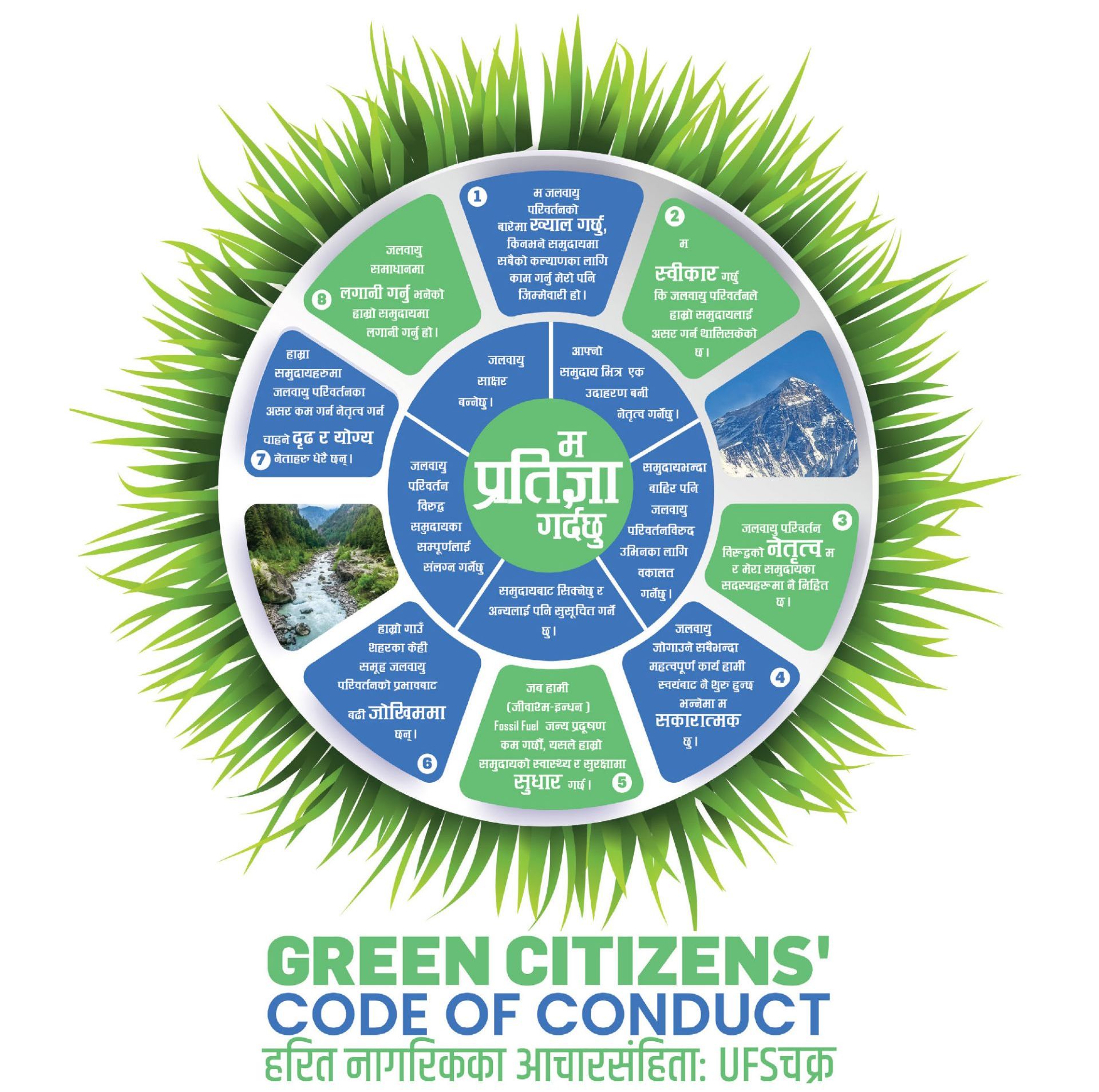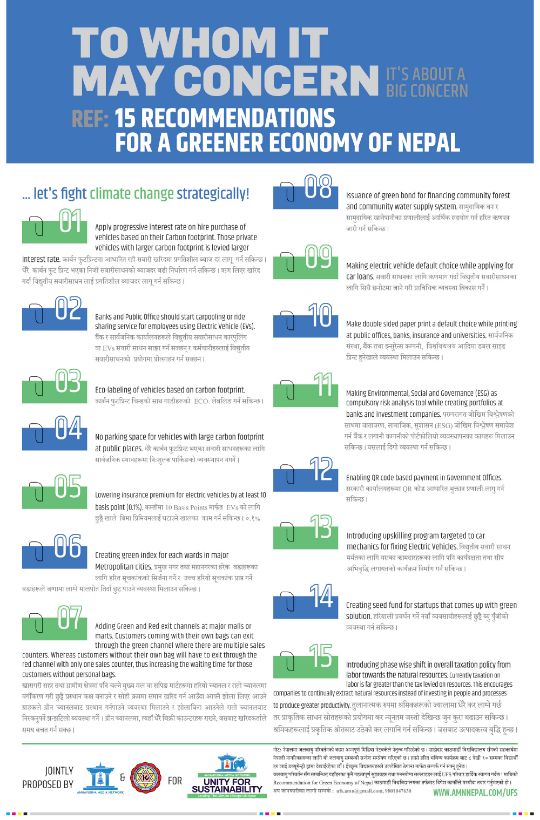Green Citizens’s Code of Conduct
Lalit Money publicly commits itself to the “Green Citizens’s Code of Conduct” and initiative run by Annapurna Media Network. Climate change has become a huge concern for Nepal. Millions of Nepalese are estimated to be at risk from the impacts of climate change. Nepal has become defenseless to climate change and is experiencing changes in temperature and precipitation at a speedier rate than the worldwide normal. Due to its topography, Nepal is uncovered to a run of climate dangers. According to the Ministry of Forests and Environment, Government of Nepal, extreme climatic events, especially related to temperature, are likely to be more frequent and more severe. As stated, these changes would have a serious impact on different sectors, such as water, energy, biodiversity, agriculture, and livelihoods.

Annapurna Media Network (AMN) is one of the fastest expanding and leading multi-media organization of Nepal. AMN works in enabling social leadership and economic development through responsible media practices. It believes in interconnecting the core functional areas of society and nation. AMN has always believed that media is a mirror of the society which reflects the past, explains the present and reveals the future.
Annapurna Media Network has announced the Unity for Sustainability campaign which came into force from January 1, 2022. The main aim of this campaign is to ‘lead the climate change dialogue’ working closely with all stakeholders on sustainable development mode, particularly focusing on climate-change issues. Collaboration across sectors is crucial in the fight against climate change and strong partnerships can unlock the potential of climate-friendly technology. We believe that every sector has a unique role to play in the areas of climate change. When companies lead the climate change issues, their entire workforce is engaged and the public’s mindset, behaviors, and lifestyles can also change. The campaign was declared through an official event organized on November 24 at Hyatt Place, Kathmandu in the presence of the Annapurna Media Network family. An ‘Expression of Interest’ for stakeholders and partners interested in associate with the campaign was also released on the same date.

The above recommendations were published in an article on May 11 by Annapurna media. Along with Lalit money, there were 56 other organizations who have partnered up for the upliftment of society.
